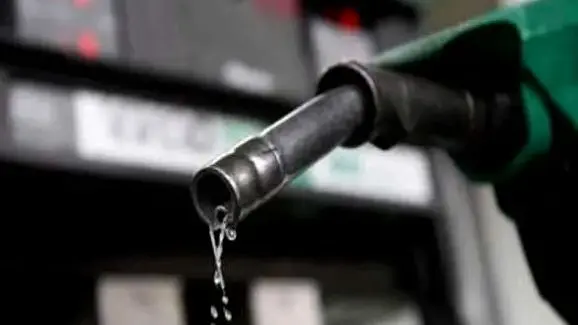The Nigerian Civil Aviation Authority (NCAA) has stepped up its research to pinpoint the exact reason why some aircraft fuel tanks were contaminated.
At a meeting with all domestic and foreign operators, aviation fuel suppliers, and the Nigerian Midstream and Downstream Petroleum Regulatory Authority (NMDPRA) on Thursday in Abuja, NCAA Director-General Capt. Musa Nuhu announced this.
He claims that the probe was started by the authorities because of a recent safety breach in which water was discovered in the fuel tanks of several aircraft.
He said the authority would partner with all relevant stakeholders to identify the gaps to close them and prevent future occurrences to improve safety in the industry.
“ The fuel contamination is outside the purview of the aviation ecosystem that is why we have engaged the regulator of the downstream sector.
“We have been in consultation with NMDPRA because they certify all the oil companies in Nigeria.
“ The collaboration has become imperative because of the noticed gaps due to lack of deliberate collaboration between NCAA, NMDPRA, and Federal Airports Authority (FAAN) on fuel quality monitoring, “ he said.
Nuhu stated that NCAA, FAAN, NMDPRA, NSIB, airliners, pilots, fuel depot operators, aircraft maintenance officers and other stakeholders would be part of a committee that would be set up soon to ensure aviation fuel quality is constant.
“All facets of the aviation fuel ecosystem must be investigated to arrive at the true situation. The investigation is not necessarily to indict anyone but to strengthen safety in the aviation industry.
“Aviation fuel quality breach has dire consequences and is multifaceted, international in nature, and not limited to scheduled airlines alone, “ he said.
Commenting, Mr Farouk Ahmed, NMDPRA Chief Executive Officer, said the organization had launched an investigation into the matter.
Ahmed said NMDPRA was ready to strengthen collaboration with NCAA, FAAN, and other relevant stakeholders to address the gaps that led to the incidence of adulterated fuel.
“We are all stakeholders and travelers. We took this incident seriously. I directed my colleagues to trace the cause so that whatever steps we will take, we will bring stability, confidence and improve the safety level.
“ I can vouch for the quality of the Jet A1 fuel that was imported, I can’t account for what happens when the fuel leaves the fuel depot to the fuel bowser before fueling the aircraft, “ he said.
Mr Akin Olateru, the Nigerian Safety Investigation Bureau (NSIB) Director General, said the issue of fuel contamination was grave and ought to be thoroughly investigated, taking into account all possible actors.
Olateru said that NSIB had in 2017 issued safety recommendations as it concerned aviation fuel following an incident involving Bel 427 of the Nigerian Police at the time.
According to him, the safety recommendation advised the NCAA to launch an independent investigation into aviation fuel quality in Nigeria.
“ The investigation should also focus on vulnerability and risks in the fuel distribution process and this should form a regulatory oversight mechanism that ensures the international quality of aviation fuel used in Nigeria.
“The NCAA should step up action, oversight the aviation fuel and ensure it is of top quality, “ he said.
The participants agreed that the NCAA ought to develop safety guidelines on aviation fuel and publish it for the airlines to implement.






